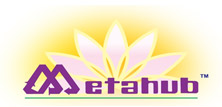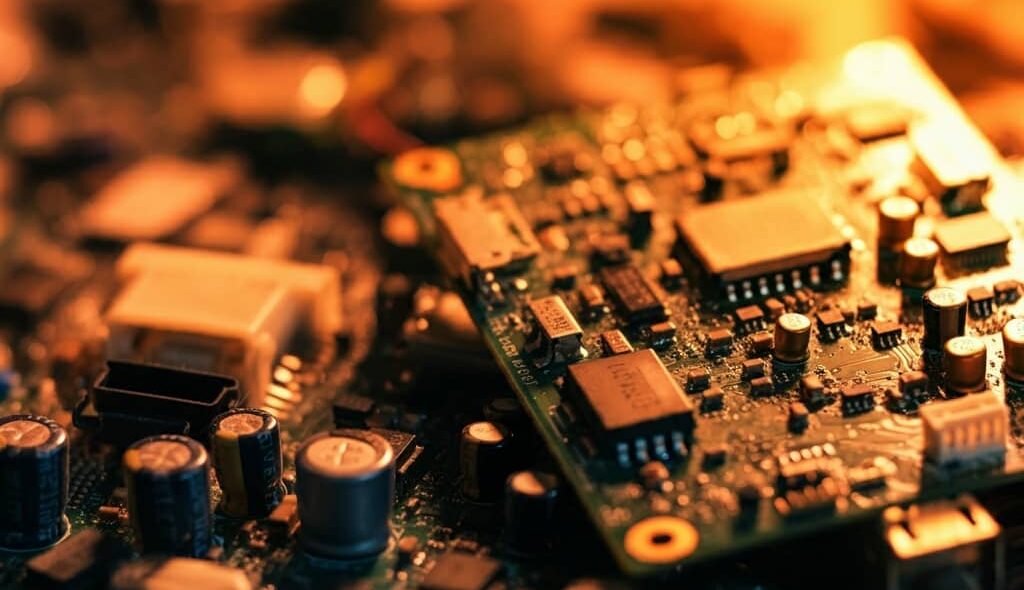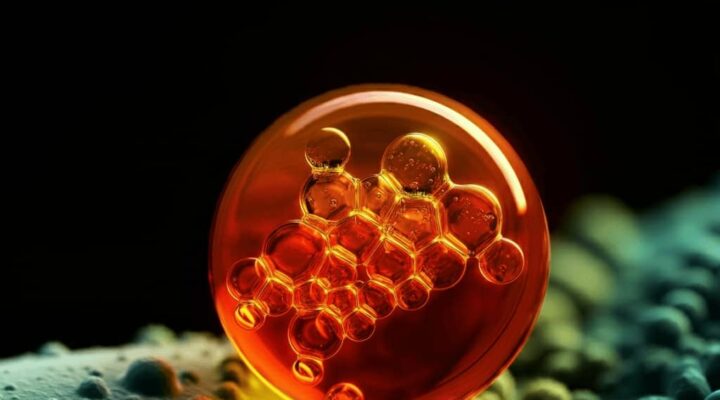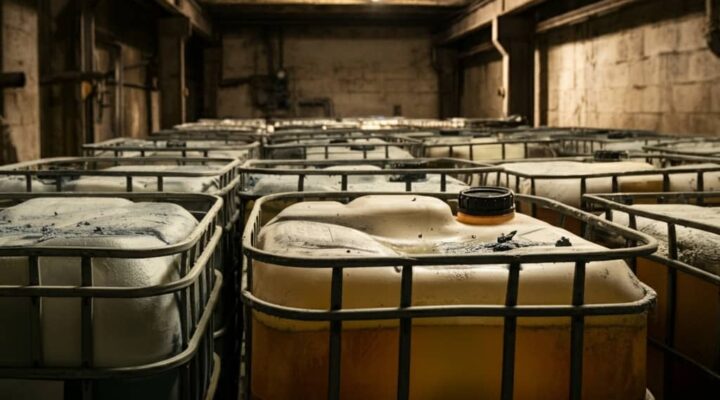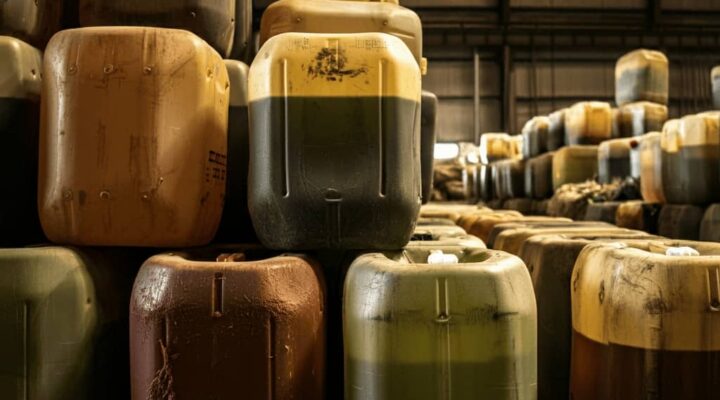As Malaysia becomes more technologically advanced, electronic waste (e-waste) is increasingly becoming a pressing environmental concern. E-waste is one of the fastest-growing waste streams globally, and it contains hazardous materials like heavy metals, mercury, and cadmium that can cause serious harm to both the environment and human health. Managing this waste responsibly, particularly hazardous types classified under the SW110 category, is essential to prevent contamination and ensure regulatory compliance. In this guide, we will explore what SW110 waste entails, the risks of improper disposal, legal regulations in Malaysia, and how businesses can safely dispose of hazardous electronic waste.
What is SW110 Waste?
SW110 refers to a specific type of scheduled waste generated from electrical and electronic assemblies that contain or are contaminated with hazardous substances. This can include materials like accumulators, mercury-switches, CRT (cathode-ray tube) glass, activated glass, and PCB (polychlorinated biphenyl)-capacitors. It may also include waste that contains heavy metals such as cadmium, mercury, lead, nickel, chromium, copper, lithium, silver, manganese, and PCBs.
Common sources of SW110 waste in Malaysia include:
- Discarded electronic devices like computers, televisions, and mobile phones.
- Components used in industrial machinery.
- Waste generated from manufacturing processes in the electronics industry.
Health and Environmental Risks of Improper Disposal
Improper disposal of SW110 waste poses significant risks to both human health and the environment. When electronic waste containing heavy metals and toxic substances is disposed of in landfills or incinerated, these hazardous materials can leach into the soil and water, leading to contamination of groundwater and ecosystems.
Heavy metals like cadmium and mercury can cause severe neurological and respiratory issues in humans. Long-term exposure to these toxins, even at low levels, can lead to chronic health conditions, including cancer and organ failure. Moreover, the contamination of water bodies and soil can have devastating effects on wildlife, agriculture, and the overall ecosystem. This is why the proper management and disposal of SW110 waste are critical for environmental protection and public health in Malaysia.
Regulatory Compliance for SW110 Waste
In Malaysia, the management of scheduled wastes, including SW110, is governed by the Environmental Quality (Scheduled Wastes) Regulations 2005 under the Environmental Quality Act 1974. These regulations mandate that businesses generating scheduled waste must handle, store, transport, and dispose of the waste in a manner that prevents harm to the environment and human health.
Key compliance requirements for handling SW110 waste include:
- Proper classification and labeling: SW110 waste must be correctly identified and labeled before disposal.
- Storage and transportation: Waste must be stored in secure, clearly labeled containers and transported by licensed contractors to authorized disposal facilities.
- Documentation: Businesses are required to maintain proper records of waste generation, transportation, and disposal. Waste generators must submit a Scheduled Waste Information System (eSWIS) report.
- Disposal only at licensed facilities: Hazardous waste, including SW110, must be treated or disposed of at facilities approved by the Department of Environment (DOE).
Steps to Safely Dispose of SW110 Waste
- Collection and Segregation: The first step is to properly collect and segregate the SW110 waste. Electronic waste should be separated from general waste, and hazardous components like CRT glass or mercury-switches must be handled with care to avoid leakage or contamination.
- Transportation: The waste must be transported in compliance with Malaysian hazardous waste regulations. Only certified and licensed waste transporters should handle the movement of SW110 waste to ensure safe and compliant transportation.
- Recycling and Recovery Options: In certain cases, components within SW110 waste can be recycled or recovered. For example, precious metals like gold and silver can be extracted from electronic assemblies. Partnering with a professional recycling facility that specializes in e-waste recovery can provide both environmental and economic benefits.
- Final Disposal: If recycling or recovery is not feasible, the remaining waste should be disposed of at a licensed hazardous waste treatment facility. These facilities are equipped to safely treat and neutralize the toxic components of SW110 waste, ensuring they do not pose a threat to the environment.
Benefits of Professional Waste Management Services
- Safety: Handling hazardous materials like those found in SW110 waste requires specialized knowledge and equipment. A professional waste management company ensures that your waste is managed safely, minimizing the risk of accidents or exposure to harmful substances.
- Compliance with Laws: Non-compliance with hazardous waste regulations can result in hefty fines and legal consequences. Professional waste management services ensure that your business adheres to all relevant regulations, including documentation, transportation, and disposal.
- Cost Savings: Although hiring a professional service may seem like an additional cost, it can save your business from the potential expenses of regulatory fines, environmental damage, or harm to your reputation.
- Environmental Benefits: Responsible disposal of SW110 waste helps protect Malaysia’s natural resources and reduces the environmental footprint of hazardous materials. By recycling and recovering valuable materials from electronic waste, you can contribute to a more sustainable future.
If your business handles electronic waste classified under SW110, it is crucial to take the necessary steps to ensure safe and compliant disposal. Contact Metahub today for a consultation on how we can assist you in managing hazardous waste efficiently and safely. Our professional services ensure that your business remains compliant with all regulatory requirements while promoting sustainability and environmental responsibility.
To explore the full list of approved scheduled wastes we manage, visit Our Services page for more details on how we can assist your business.
